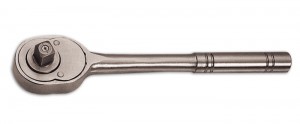From an interesting interview with Owen Jones:
The other influence is perhaps more surprising: the first Gulf war that followed Ba’athist Iraq’s invasion of Kuwait in 1990, which shocked him and his colleagues at the école. “It was a very strong event, because sometimes we say that governments cannot do much against tax havens, they’re too powerful. And suddenly we’re able to send 1 million troops 1,000km away from home to give back the oil to the emir of Kuwait. I was not sure this was the right redistribution of wealth.”
The west’s general relationship with the Middle East – “the most unequal region in the world”, he says – is one that troubles him, not least because it exposes grotesque inequalities. “Take Egypt: the total budget for education for 100 million people is 100 times less than the oil revenue for a few dozen people in Qatar. And then in London and in Paris we are happy to have these people buying football clubs and buying apartments, and then we are surprised that the youths in the Middle East don’t take very seriously our democracy and social justice.”

